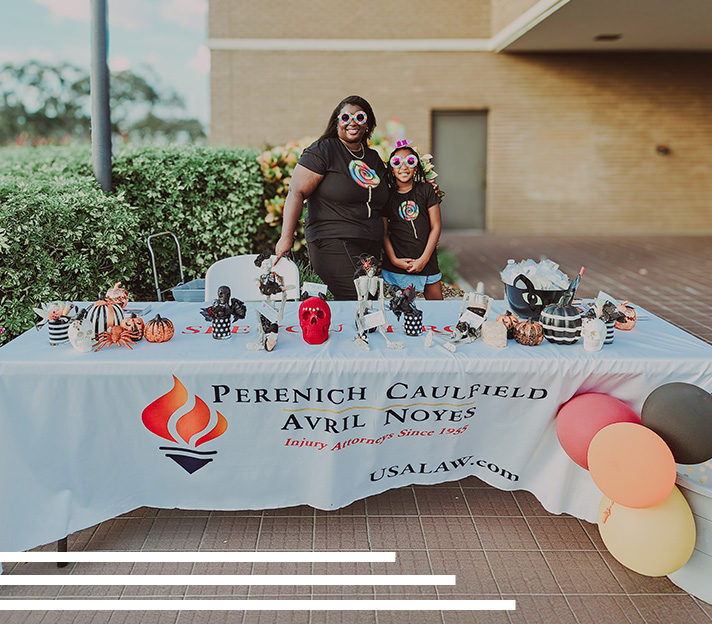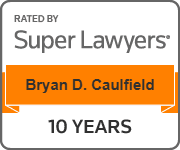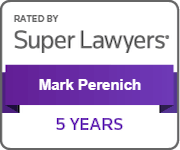Clearwater Brain Injury Lawyer
Helping TBI Victims Secure Compensation
Have you suffered a traumatic brain injury in an accident in Clearwater, Florida? If someone else’s negligence played a role, you may be entitled to compensation for your pain, suffering, lost wages, and more. The experienced Clearwater brain injury lawyers at Perenich, Caulfield, Avril & Noyes Personal Injury Lawyers are ready to help you maximize your financial recovery.
Collectively, our accident attorneys have more than 300 years of experience. Together, we’ve won more than $675 million in damages for clients involved in wrongful deaths, Clearwater catastrophic injuries, slips and falls, Clearwater medical malpractice cases, and more. We know how tough a brain injury can be and want to help make things right.
Contact our Clearwater brain injury attorneys to get started with a free case evaluation. Perenich, Caulfield, Avril & Noyes Personal Injury Lawyers are always standing by to take your call, so reach out to us for help today at (727) 591-3354.
What is a Traumatic Brain Injury?
A traumatic brain injury, or “TBI,” is a type of head injury that may be caused by trauma such as a gunshot fall, or blow. A TBI can also be categorized as either open or closed. An open brain injury is one in which the skull is penetrated.
Fortunately, most brain injuries are fairly mild and may not even cause noticeable symptoms. However, brain damage from a TBI can also be permanent or even fatal.
What Are the Different Types of Brain Injuries?
Head injuries are categorized in many ways.
The two largest categories are:
- Traumatic brain injury (TBI)
- Acquired brain injury (ABI)
Acquired brain injuries are the result of an internal factor, such as a stroke, disease, aneurysm, or a near-drowning.
Brain injuries may also be classified by types including:
- Concussions, the most common type of TBI.
- A localized or focal brain injury which is confined to a single region.
- Diffuse brain injuries (DAI) refer to a brain injury to both sides of the brain when the brain is rotated, shaken, or twisted in the skull.
- Coup-contrecoup injuries happen when the brain suffers a focal or localized injury when the head is struck. A second focal injury happens on the opposite side when the force of the impact causes the brain to move inside the skull.
- Brain contusions or bruises.
- Intracranial hematomas, which can happen when a contusion doesn’t heal properly. They refer to large collections of blood outside the vessels.
Brain injuries may cause primary or secondary damage. A primary injury happens when there is sudden profound brain damage caused by trauma. Secondary brain injuries refer to damage that occurs over time after a primary injury.
What Are the Signs and Symptoms of Brain Injuries?
The symptoms of a brain injury are impossible to predict and vary from one patient to the next. Even the same type and severity of injury can cause different symptoms in different people.
Symptoms will generally depend on the type of injury and affected regions of the brain.
Mild TBI may result in:
- Blurry vision
- Tinnitus
- Trouble sleeping
- Headaches
- Dizziness
- Confusion
- Balance trouble
- Difficulty with memory and concentration
- Irritability
Serious brain damage may cause:
- Vomiting or nausea
- Loss of consciousness
- Behavioral and personality changes
- Memory loss
- Difficulty speaking or walking
- Seizures
- Weakness on one side
- One pupil more dilated
You should always seek medical care immediately after a head injury or accident, even if you do not have symptoms.
What Are the Long-Term Consequences of a Traumatic Brain Injury?
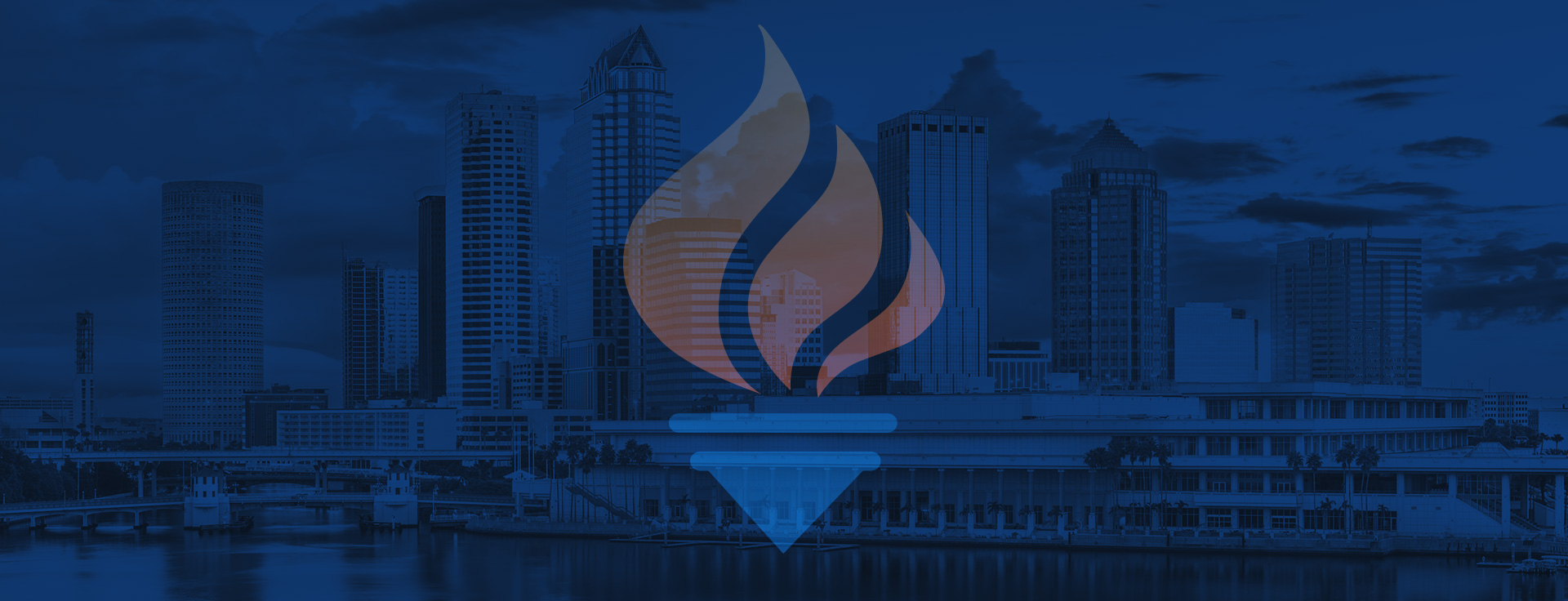
We treat you like family.
If you can’t come to us, we’ll come to you.
Representing Accident Victims in Tampa Bay since 1955
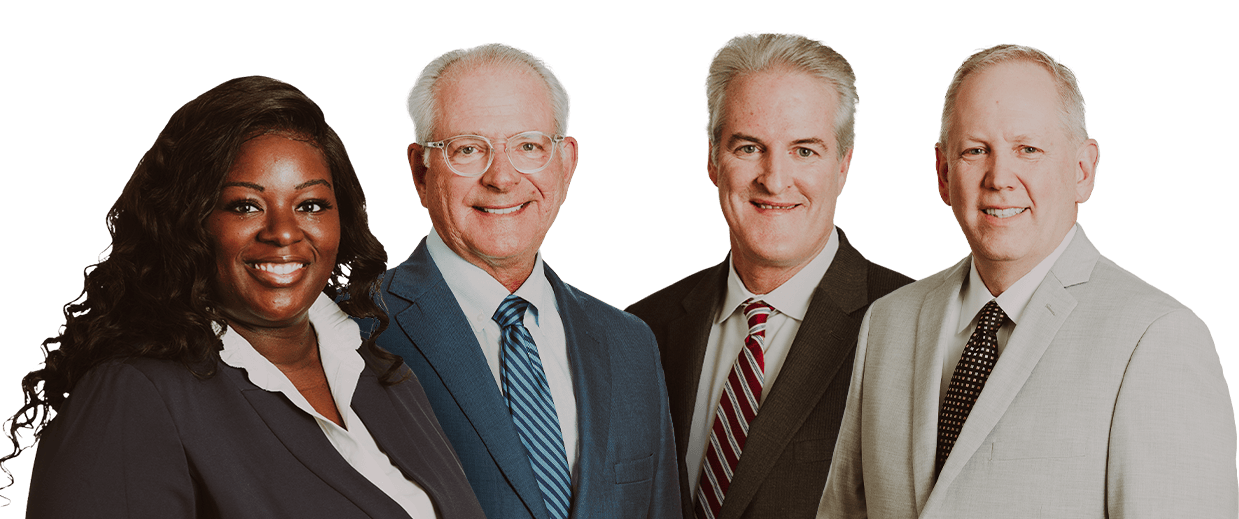


-
“Friendly knowledgeable and kept me informed about my case. Any offer, bill or question was readily answered. Would definitely recommend and refer people to Bryan Caulfield and his team!!”- Betty B.
-
“Mrs Bryant works her butt off to make sure you get what is do to you in medical and beyond! They won’t take your case if they don’t feel you haven’t been wronged.”- Christine R.
-
“Working with Mark Perenich on my auto injury case was an absolute game-changer. From the very beginning, he brought a level of professionalism, expertise, and care that immediately put us at ease.”- Kerry B.
-
“Lorrie and Allyson are phenomenal. I highly recommend them to anyone. It seemed like a never ending journey but I can’t thank them enough for diligently fighting my case with the greatest integrity, support and prayers.”- Former Client
-
“Allyson has been so helpful with navigating the disability process for my husband!”- Kaitlyn S.
-
“It honestly couldn’t have gone better. Pretty much perfect.”- Andreas B.
-
“From the first day we met this law group I felt very comfortable and knew we would be well taken care of. This was our first experience filing for SSD, and was not disappointed. The lawyers are awesome and very professional.”- Shari J.
-
“Very nice they worked with you. Never ignored me with my case. Always on top to work with you. Thank you so much for all that you have done to help me! Very highly recommend.”- Margarita O.
-
“My appointed attorney was Jacqueline, Bryant. She is very compassionate about her client and work. When it comes to negotiation, she's a Beast and she gets the job done.”- Alaina J.
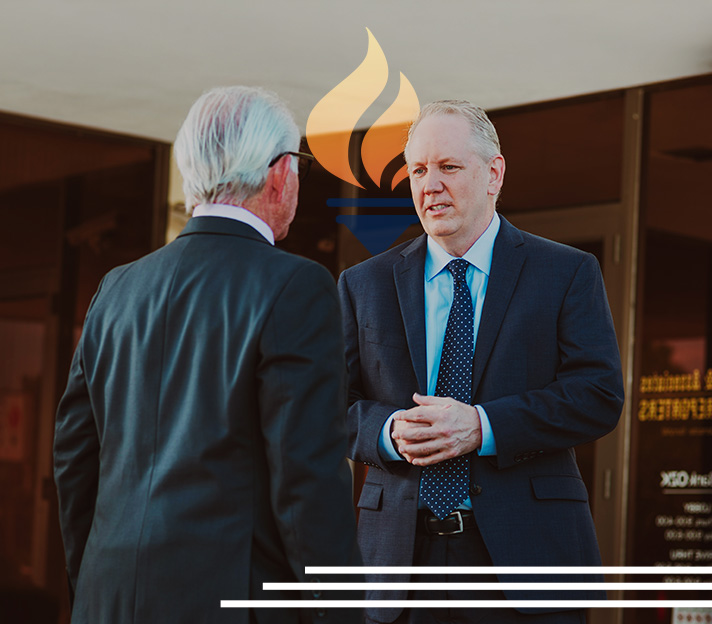

We’ve been proudly serving Clearwater, St. Petersburg, and the Tampa Bay area for generations. As the first personal injury law firm in Clearwater, our dedicated legal team brings over 300 years of combined experience to each and every case. If you’ve been injured and need support, please reach outtoday for a free consultation, we are here to help you.
